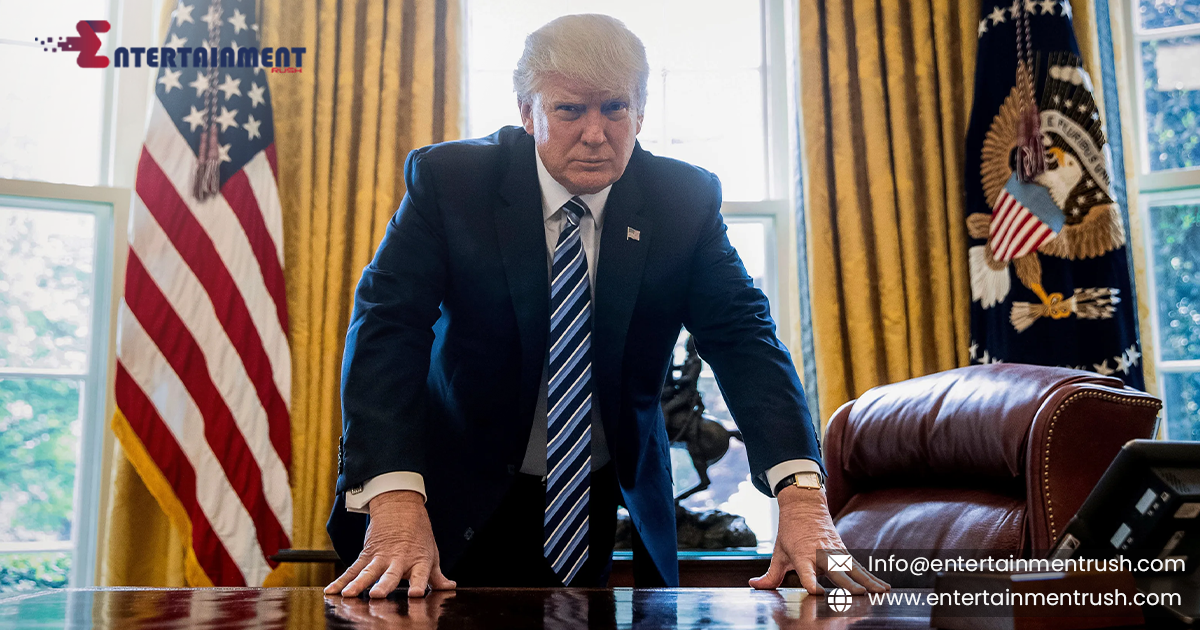Donald Trump’s win in the U.S. presidential election on Wednesday will likely put an end to his criminal cases, at least for the next four years while he is president.
Trump is the first former U.S. president to face criminal charges, including accusations related to paying hush money to Stormy Daniels during his 2016 campaign and attempts to overturn his 2020 election loss. In May, a New York jury found him guilty of falsifying records tied to the Daniels payment, making him the first ex-president convicted of a felony.
Trump has denied all charges and called the prosecutions politically motivated. In an interview on Oct. 24, he said he would fire U.S. Special Counsel Jack Smith, who led two federal cases against him, as soon as he’s sworn in.
As president, Trump could end the federal cases by removing Smith, but he won’t have the same authority over the New York case or Georgia’s election interference case. However, due to his position, it’s unlikely he’ll face legal action in those cases during his term.
In New York, Trump’s team is expected to request a delay in his sentencing, set for Nov. 26, with legal experts predicting it may be postponed.
In the federal cases, Trump was charged in Washington for allegedly spreading false claims about election fraud to stop the certification of votes in the 2020 election and for holding onto classified documents after his first term. A Florida judge, appointed by Trump, dismissed these charges in July, questioning Smith’s authority to bring them. Smith’s team is appealing, but Trump’s plan to remove Smith could signal the end of this case.
In Georgia, Trump is charged under state racketeering laws for allegedly trying to overturn his loss in the 2020 election. Although Trump can’t end this case, his lawyer is pushing to pause any legal action, arguing that a president shouldn’t face prosecution while in office. Legal experts believe the Georgia case may also be delayed during Trump’s term as president.
